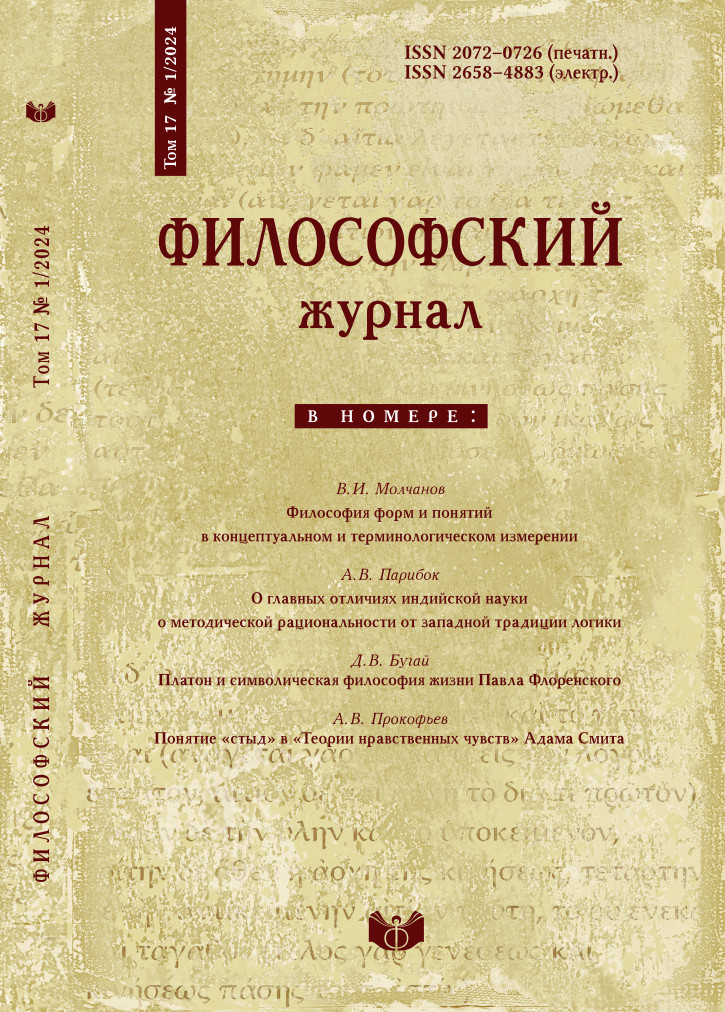On the question of the essence of jus, or about the consensus of non-violence and freedom of speech
DOI:
https://doi.org/10.21146/2072-0726-2024-17-1-153-168Keywords:
jus, emergence of law, sociogenesis, non-violence, empathy, state, constitutional state, freedom of speech, social contract, civil society, legal societyAbstract
The article made an attempt to understand the nature of jus, going from an analysis of its genesis and the primary simplest forms, the formation of which constituted the transition from the pre-social to the social world. In line with the hypothesis of Levi-Strauss of the beginning of society, the author considers dual-group unions to be the first social formations, halfs of which, in relation to and through each other, acquired the quality of historically original subjects of jus – the space of freedom jointly built by them, based on the consensus of non-violence of the parties, rational coordination of wills and judicial resolution of conflicts. Subsequent social evolution gives rise to fundamentally new forms of both deploying the essence of jus and obstructing it. Among the latter, the most important is the state that does not need coordination and is able to impose its will on society by violence. History develops mechanisms for curbing state authority by jus, based on its high axiological status, which ensures the readiness of society to defend legal values, among which freedom of speech plays a key role, which, firstly, acts as the main form of concordance of wills in society that forms the jus, and secondly, it allows continuous control over the state and in the threat of its going beyond the framework of the jus to initiate social activity that prevents this.






